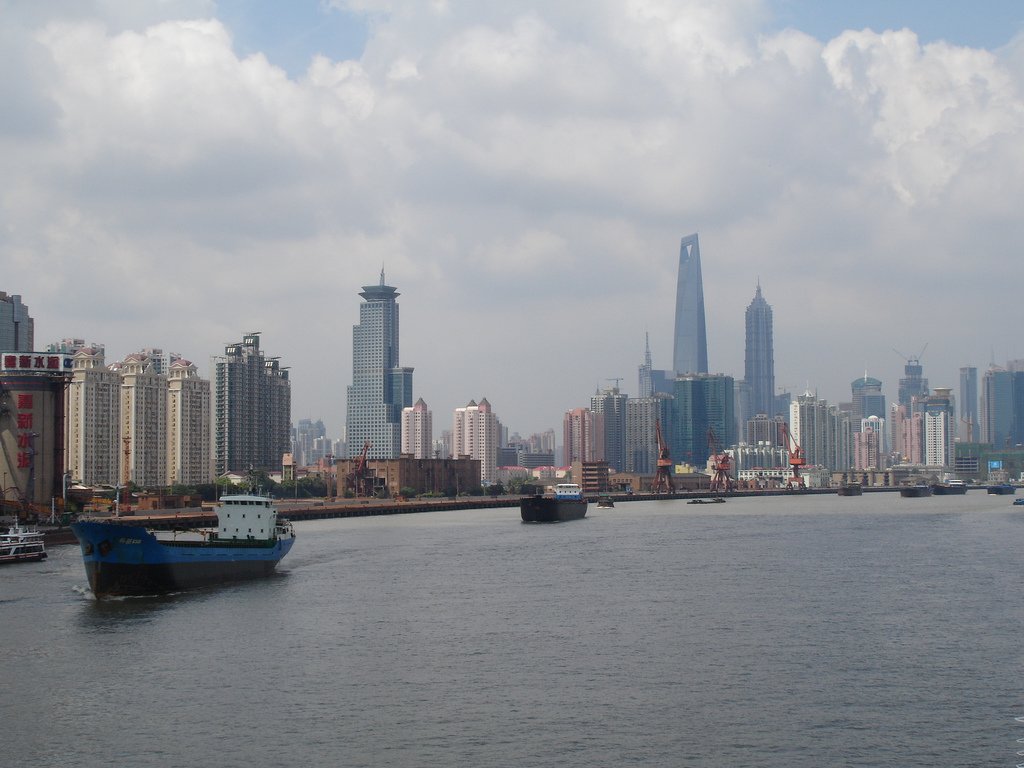In a significant move to preserve and enhance its rich cultural heritage, China has announced an ambitious plan to concentrate its efforts on the conservation, inheritance, and promotion of the Yangtze River culture. This blueprint unveils numerous initiatives aimed at driving the cultural and economic development of the region adjoining China’s longest river, the Yangtze River.
Coordinated efforts by the Ministry of Culture and Tourism (MCT), National Cultural Heritage Administration, and National Development and Reform Commission are at the heart of this strategic plan. The action points outlined include the creation of the National Cultural Park of Yangtze River, significant strides in archaeological projects, diligent preservation of intangible cultural heritage, and a more proactive approach to international cultural exchanges.
Originating in the snow-capped mountains of the Qinghai-Tibet Plateau and culminating at the East China Sea, the majestic Yangtze River traverses through 13 provinces, municipalities, and regions. Recognized as the third-longest river globally, the Yangtze River is regarded as a cornerstone of Chinese civilization, having catalyzed the evolution of agriculture and shipping in ancient China. As per MCT statistics, nearly 40% of China’s population resides in the cities and regions along the river, which collectively account for 45% of the nation’s GDP.
The recently inaugurated National Cultural Park of Yangtze River symbolizes a notable achievement in the preservation and promotion of Yangtze River culture. Spanning all 13 provinces and municipalities bordering the river, this park initiated in 2022 has a significant segment in Nanjing, East China’s Jiangsu Province.
According to Zhang Hongyan, a professor at the Institute of Urban Science of Nanjing University, the park’s establishment is advancing well, expected to bolster Nanjing’s economic and ecological progression. He envisions that local attractions such as the Yangtze River Dolphin Center, Meigang Industrial Cultural Park, and Xinjizhou Wetland Park will work in unison with the river park, offering a multi-dimensional perspective of the Yangtze River.
Moreover, efforts are underway to restore relics from the Maritime Silk Road and commence the construction of the Museum of Yangtze River Culture, as per Zhang. The Nanjing Museum hosted its first exhibition on Yangtze River culture in May 2022, enlightening visitors with a range of 300 exhibits depicting the historical ties between Nanjing and the river.
Cultural preservation initiatives such as the public opening of the relics restoration center at the Sanxingdui Museum in Sichuan Province in 2021 have brought visitors closer to the restoration process of unearthed relics, says Tang Fei, director of the Sichuan Institute of Cultural Relics and Archaeology. The Archaeological Institute for Yangtze Civilization, established in December 2020, is also dedicated to archaeological pursuits along the Yangtze River.
READ MORE:
